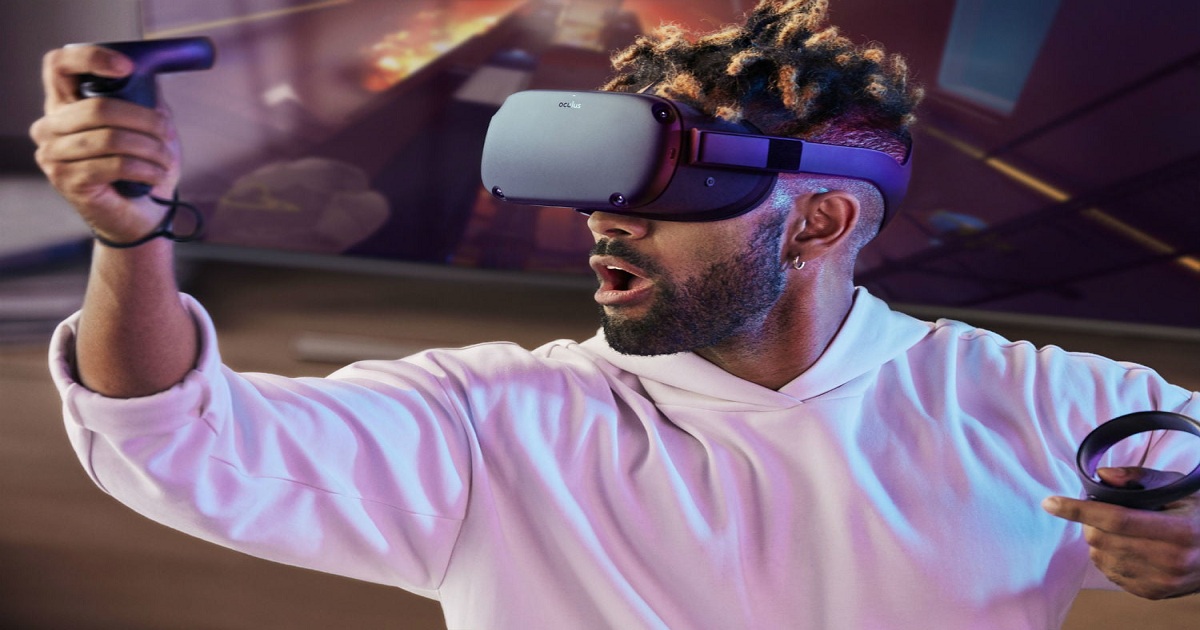The Oculus Quest and Go both let you play without a PC, but which is better?
Digital Trends | October 02, 2018

Since the debut of its very first Oculus Rift prototype, Oculus VR has been making virtual reality more accessible. Following on from the Gear VR, it released the Oculus Go in mid-2018 and will follow it up with another standalone headset in 2019, called the Oculus Quest. Both require no additional hardware to operate and have much lower price tags than some of the VR competition, but which is better? We pitted the Oculus Quest vs. Oculus Go, to find out.VR headset development has improved in recent years and both the Oculus Go and Oculus Quest reflect that. They have different color schemes, but both offer a smooth exterior with no obvious sensor bumps or dips like the HTC Vive. We found both to be comfortable to wear over extended periods, with enough space for various face shapes and sizes. However, we did note some light bleed at the base of the Go’s padding, which meant that it was often more immersive to use in a darkened room.Although the head mounting mechanisms and cushioning of both headsets are pretty comparable, there is a noticeable difference in weight. Where the Oculus Go weighs the same as the Oculus Rift — around 470 grams — the Oculus Quest with its additional sensors and internal hardware, weighs in at 100 grams heavier. Oculus is reportedly still fine-tuning it, and it didn’t cause any difficulties for us in terms of comfort, but it may become more of a factor for longer play sessions.